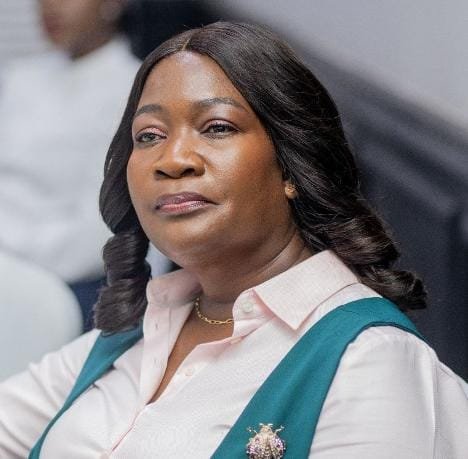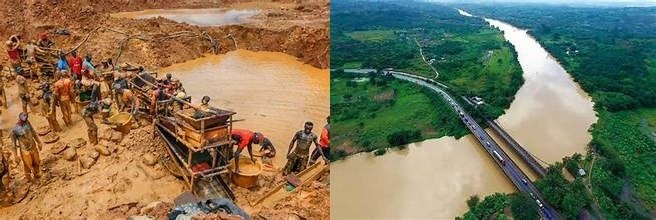
The writer

Today, each and every country/region is facing a climate crisis, posing global threat that has no borders and no limits.
The multiple threats like global warming, rise in temperatures, sea levels, floods, glacier melting, deforestation, wildlife extinction, habitat destruction, and carbon dioxide emissions are making this scenario worse and uncontrollable.
Eventually, all the climate activists and scientists apportion blame to humans for it. We are the first and last generation to witness this, meaning time is running out and requiring urgent actions to tackle the challenges of the climate crisis.
The United Nations has given 17 Sustainable Development Goals to all countries to implement the targets until 2030. SDG 13 talks about climate action with 5 targets and 8 indicators.
Pakistan target
Pakistan is lucky enough to achieve the targets of climate action due to its emphasis on green initiatives and biodiversity conservation before the deadline of 2030. In this context, Pakistan can use the tool of education to start awareness campaigns at all schools, colleges and universities.
This would go a long way to creating awareness and understanding of the challenges of climate change. And it will also bring positive changes in the attitudes and behaviors of the young generation towards environmental degradation in the coming years.
In this ever-changing time, education has the power to cause miracles by addressing climate change effectively. Today, I urge all the educational and curriculum policymakers to emphasise climate education and make it a compulsory part of primary and secondary education.
For instance, Italy was the first country to realise the importance of climate education. Italy introduced it to their schools, followed by New Zealand, Finland and Norway.
 Climate education
Climate education
Our Education Ministry must come forward to bring change in our curriculum and introduce climate education as a compulsory subject like Urdu, English, Islamiyah, Pak-Studies, and Science.
For curriculum implementation of climate education for each class level, the first step must be taken to train the teachers in the in-depth knowledge of climate change, environmental degradation, and other aspects.
This means that teachers could engage the students at different grade levels in various interesting activities and come up with creative solutions for this burning issue. We are in a critical situation of climate emergency because we have been listed on the 7th number in terms of environmental destruction and crisis.
It is against this backdrop, that we need serious policies and actions in our educational system by the government. The government should also involve the private sector, commercial brands, and communities to put their efforts and time into more joint ventures in solving the crisis.
Many countries have started unique and innovative projects related to the climate crisis, which is yielding both social and economic benefits. Thus, becoming eco-friendly countries. We just need to come out of our denial mode and accept the crisis as real not a rumor/hoax.
Climate education is not related to science subjects only or merely scientists should be concerned about it. It is our moral and social responsibility to protect our environment in a safer and healthier way for our future generations.
The writer is a Social Activist & District President of Chiragh Educational Welfare Society. Writer’s email – naeemkhan31555@gmail.com







